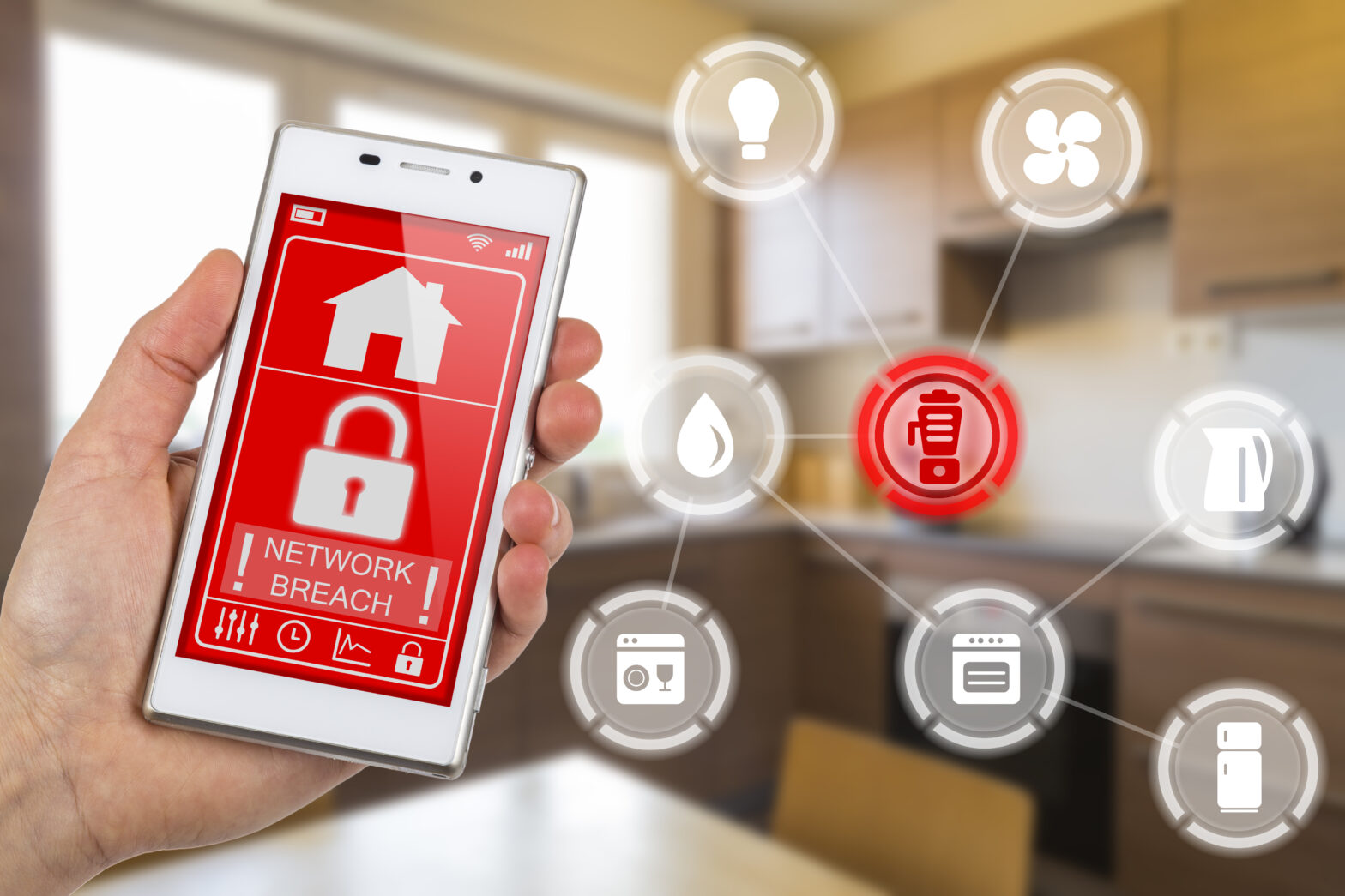More than half of the 45.4 billion IoT devices expected to be in use by 2023 will be implemented in connected spaces, including homes, buildings and cities.
IoT plays a significant role in shaping the future of connected spaces, but the successful transformation of connected homes, buildings and cities is dependent upon simple, frictionless and dynamic security, according to a report from Irdeto and Frost & Sullivan.
It examines IoT cyber security challenges and vulnerabilities, cyber attacks associated with IoT technology, the impact of those attacks and key considerations for effective security strategies for IoT deployments.
>See also: It’s time to take IoT security seriously
Not only can cyber security incidents cause operational disruptions, breached devices can also be commandeered to launch botnet attacks on other devices and systems.
Frost & Sullivan research indicates that more than 70% of enterprises today believe security is a top consideration for their business when making an IoT purchasing decision. These organisations expect security to emerge as the top consideration for more than 90% of customers by 2020.
“The introduction of IoT technologies into connected spaces can bring about many vulnerabilities that hackers exploit,” said Vikrant Gandhi, industry director, Frost & Sullivan.
“IoT creates new security challenges that cannot be properly addressed by traditional IT security technologies and approaches. While the basic concepts of protection remain, memory and processor limitations, data velocity and device volumes present unique challenges to IoT security. Therefore, IoT must be secured by using efficient technologies that are purpose-built for these unique environments.”
>See also: The security challenges with the Internet of Things
Organisations today recognise the importance of connectivity to meet customer demand and maintain a competitive edge. However, compromised IoT devices can pose significant risks to consumers and businesses. A recent survey by Irdeto found that that 90% of consumers believe it is important that a connected device has security built into the product. In addition, 76% of consumers think that manufacturers of smart devices are responsible for implementing cyber security.
“As the number of connected devices grows, hackers are offered more vulnerabilities to exploit,” said Mark Hearn, director of IoT Security, Irdeto.
“With the cross-contamination of connected devices, threats easily cross boundaries of the connected home and the connected building, affecting transportation, threatening mobile devices and ultimately damaging the enterprise. To address this, organiSations must implement a defense-in-depth approach to cybersecurity that integrates multiple layers of security into a system. This approach, combined with a predict-prevent-detect-respond security framework, is critical to mitigating attacks targeting IoT technologies.”







